TAX STRATEGIES
You have spent your life perfecting your craft and working hard. And while there may have been many rewarding moments along the way, you were paid in money. Therefore, it begs to reason that you would want to keep as much of that money as possible and be able to manage it in the best way that you see fit. In order to do so, it is imperative that you take everything into account, both for the present and the future. Thus, when creating an estate plan, for example, considering the tax implications of your investment and savings vehicles is essential.
Furthermore, you will naturally want to take advantage of the best possible options for maximizing both your finances and your possibilities. With that in mind, the utilization of investment grade insurance contracts and indexed universal life insurance will allow you to invest your money in a manner that will grow tax-free while still allowing you to access it, along with providing a death benefit as well.
Tax Strategies
IRA Alternatives
While IRAs are often discussed, there are alternatives with highly attractive features. Self-directed retirement accounts feature the same benefits as those offered by standard IRAs, except they allow you to invest your money in whichever way you desire, rather than being restricted to stocks, bonds, and mutual funds.
Moreover, tax upstreaming is a method for reducing or eliminating corporate state income taxes by relocating profits to states with lower or no income taxes, which will provide invaluable savings.
To maximize your tax savings, it is of the utmost importance that you are guided by someone who is up to date on the most current tax legislation, including the Trump Tax Plan.
Investment Grade Insurance Contracts
An investment grade insurance contract allows you to invest your money without paying taxes on its growth. Furthermore, you can make withdrawals as needed, without having to pay taxes on the withdrawal. In essence, you can save your money while receiving interest on it, without having to pay taxes on it as it grows.
Upstreaming
Tax upstreaming is a money-saving practice in which a C-corporation based in one state “upstreams” its earnings to a subsidiary based in another state. The corporation can thus avoid paying state income tax in its home state if everything is done correctly. The strategy is most effective when upstreaming to a company in a state with no income tax, such as Nevada or Florida.
Indexed Universal Life Insurance
IULs are a form of whole life insurance policy whereby the cash value is determined by index performance and grows over time. This is done through choice investments (made by you and your financial advisor on an annual basis), as the money in your policy is invested in a growth index, which often reflects market indexes such as the S&P 500, the Dow Jones Industrial Average, the Nasdaq 100, and so on. The policy money is not invested directly into the stock market, effectively shielding you from losses while allowing for an annual return of 0 to 4%.
Self-Directed Retirement Accounts
Traditional IRA contributions are often invested in equities, bonds, or mutual funds. On the other hand, a self-directed retirement account allows you to take advantage of more investment options. You can invest your money in real estate, private mortgages, precious metals, intellectual property, private company stock, private market securities, and other alternative investments, to name just a few options.
Trump Tax Plan
On December 22nd, 2017, the “Tax Cuts and Jobs Act of 2017”, also known as the Trump Tax Plan, was signed into law. The biggest piece of tax legislation since Ronald Reagan’s Tax Reform Act of 1986, the bill decreased the tax rates for the majority of individual tax brackets. Moreover, the bill created larger savings for corporations, as the corporate alternative minimum tax was eliminated. Furthermore, small businesses can enjoy significant tax savings through the implementation of a pass-through tax strategy, while businesses deriving income from outside the United States can take advantage of these aspects of the tax plan as well.


